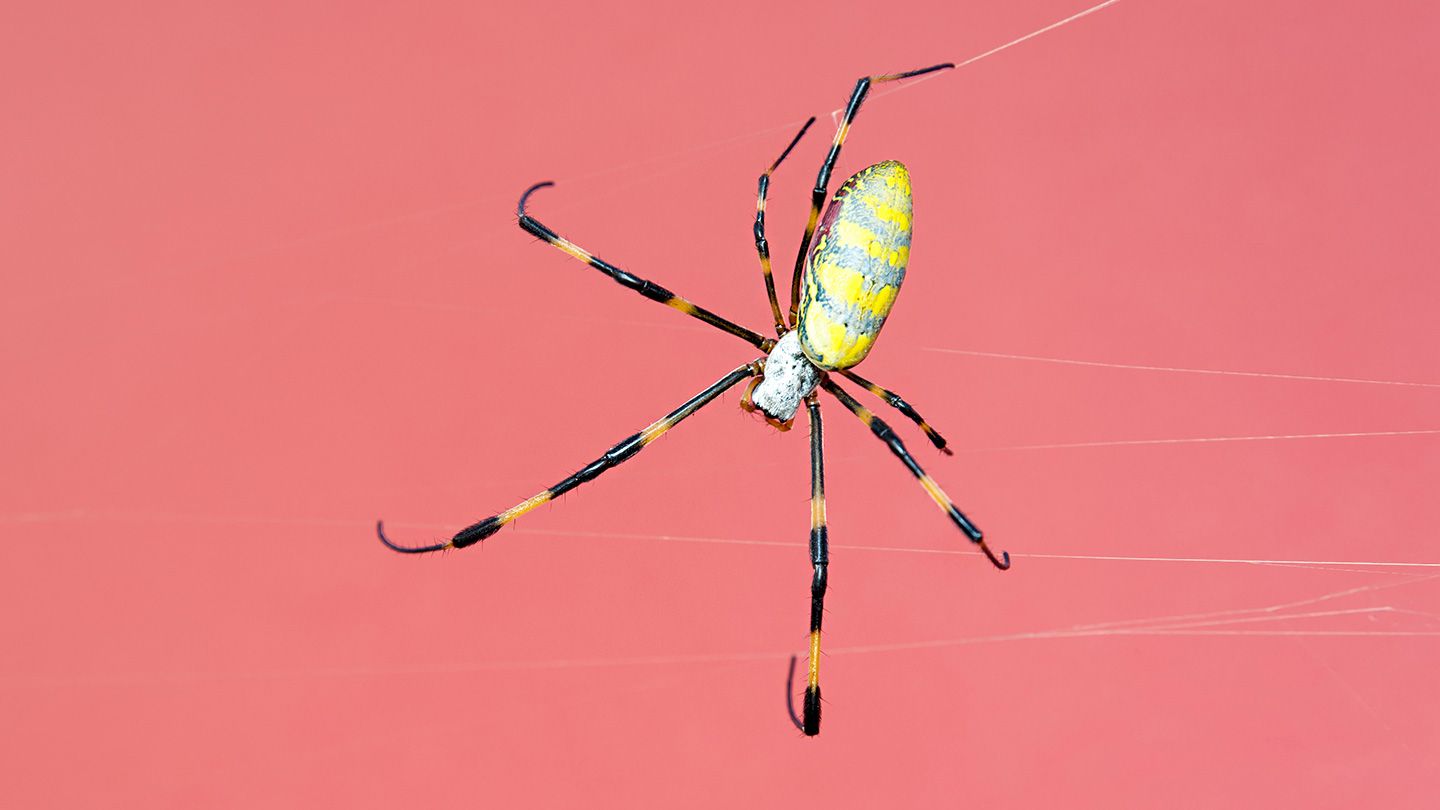
Common Venomous Spiders in Georgia
Several species of venomous spiders have established populations in Georgia, with some being more prevalent and potentially dangerous than others. The following are among the most commonly encountered venomous spiders in the state:
Black Widow Spider
The black widow spider, identified by its distinctive red hourglass mark on the underside of its abdomen, is perhaps the most well-known and feared venomous spider in Georgia. These spiders are relatively small, with adult females measuring around 1.5 inches in length. Despite their size, they possess a potent neurotoxin that can cause severe muscle pain, nausea, and respiratory distress in humans.
Brown Recluse Spider
The brown recluse spider, also known as the fiddleback spider, is a venomous species found in Georgia. These spiders are light to dark brown in color, with a distinctive violin-shaped mark on their back. Brown recluse spiders typically measure around 1 inch in length and prefer dark, undisturbed areas like basements, closets, and crawl spaces.
Yellow Sac Spider
The yellow sac spider is a common household pest in Georgia that can deliver a painful bite. These spiders are light yellow to pale green in color and are known for their ability to construct small, silk sac-like structures in which they reside. While not typically life-threatening, their bites can cause mild to moderate pain, swelling, and redness.
Understanding Spider Behavior
To better understand the potential risks posed by venomous spiders in Georgia, it's essential to examine their behavior and habitats. Most spiders are naturally reclusive and non-aggressive, preferring to avoid confrontation with humans. However, certain situations or behaviors can increase the likelihood of encountering and being bitten by a venomous spider.
Habitat Preference
Different spider species have distinct habitat preferences. Black widows, for example, often build their webs in dark, undisturbed areas like woodpiles, sheds, or the corners of garages and basements. Brown recluse spiders, as their name suggests, tend to be reclusive and prefer dry, sheltered environments like crawl spaces, attics, and storage areas.
Defensive Biting
Spiders typically only bite humans in self-defense, such as when they are accidentally pressed against the skin or trapped between clothing and the body. It's essential to exercise caution when reaching into dark, undisturbed areas where spiders may reside and to shake out clothing, shoes, and bedding before use.
Wandering Behavior
Some spiders, like the yellow sac spider, are known to wander into homes and buildings in search of food or mates. These spiders may be found in areas like bathrooms, bedrooms, and living rooms, increasing the potential for accidental encounters with humans.
Identifying Dangerous Spiders
Being able to accurately identify venomous spiders is crucial for determining the appropriate course of action if a bite occurs. While it's best to consult with a professional for definitive identification, there are several key characteristics to look for when trying to identify dangerous spiders in Georgia.
Physical Appearance
Pay attention to the spider's size, color, markings, and overall body shape. Black widows, for example, have a distinctive glossy black body with a red hourglass mark on the underside of the abdomen. Brown recluse spiders have a violin-shaped mark on their back and are light to dark brown in color.
Web Structure
The type of web a spider constructs can also provide clues about its identity. Black widows build irregular, tangled webs, while yellow sac spiders construct small, silk sac-like structures in which they reside.
Habitat Clues
Consider the location where you encountered the spider. If it was found in a dark, undisturbed area like a basement, woodpile, or crawl space, it may be a black widow or brown recluse spider. Spiders found wandering in more open areas of the home may be yellow sac spiders or other less dangerous species.
Avoiding Spider Bites and Seeking Medical Attention
While the risk of being bitten by a venomous spider in Georgia is relatively low, it's essential to take precautions to minimize the potential for encounters and bites. Here are some tips for avoiding spider bites and seeking appropriate medical attention if a bite does occur.
Prevention Strategies
To reduce the likelihood of spider bites, consider the following prevention strategies:
- Regularly clean and declutter areas where spiders may reside, such as basements, sheds, and storage spaces.
- Seal cracks and crevices in your home to prevent spiders from entering.
- Wear gloves when handling firewood, moving boxes, or reaching into dark, undisturbed areas.
- Shake out clothing, shoes, and bedding before use, especially if they have been stored in dark, undisturbed areas.
Seeking Medical Attention
If you suspect that you have been bitten by a venomous spider, it's crucial to seek medical attention promptly. Here are some steps to follow:
- Try to identify the spider or take a clear photograph of it to aid in species identification.
- Clean the bite area with soap and water to reduce the risk of infection.
- Seek medical attention, especially if you experience symptoms like severe pain, swelling, nausea, or respiratory distress.
- Provide the medical professionals with as much information as possible about the spider and the circumstances surrounding the bite.
Conclusion: Coexisting Safely with Dangerous Spiders in Georgia
While the presence of venomous spiders in Georgia may seem alarming, the risk of being bitten can be significantly reduced by practicing awareness, prevention strategies, and seeking prompt medical attention if a bite does occur. By understanding the behavior and habitats of dangerous spiders like black widows, brown recluse spiders, and yellow sac spiders, we can coexist safely with these arachnids and appreciate the vital role they play in the ecosystem.
Remember, the majority of spiders in Georgia are harmless and play a crucial part in controlling insect populations. By taking reasonable precautions and educating ourselves about these fascinating creatures, we can enjoy the natural beauty and biodiversity of the Peach State while minimizing the potential for encounters with venomous species.